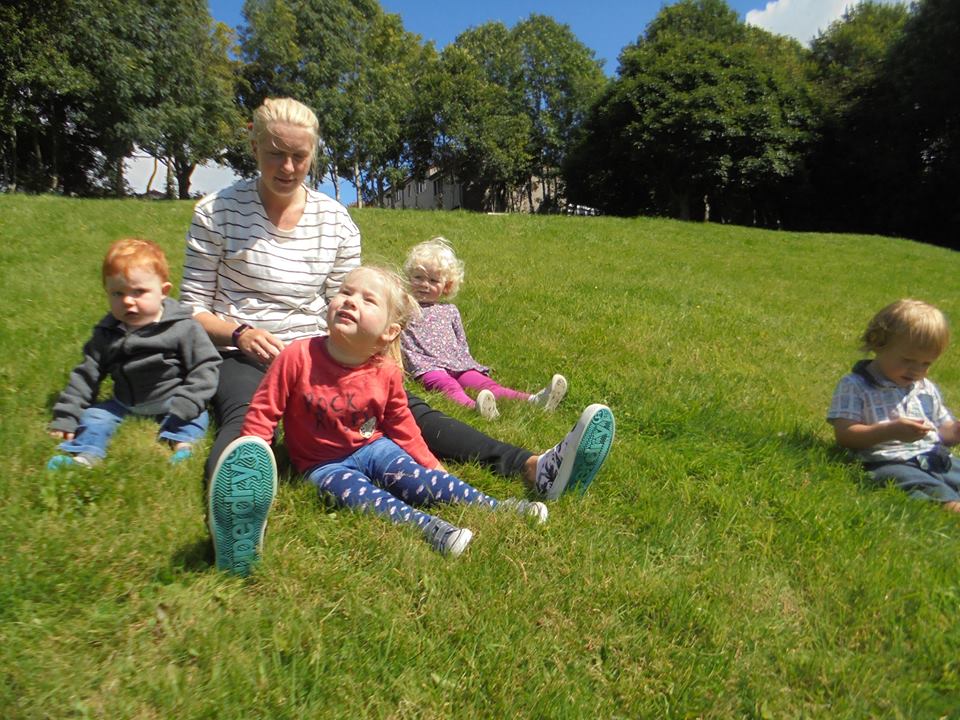Nature Nursery
Our baby cherubs and preschoolers have been enjoying some time outdoors exploring our natural environment. They have had such a great time!

This post was published on: 23rd August 2017Tags: Nature Kindergarten IOM
Our baby cherubs and preschoolers have been enjoying some time outdoors exploring our natural environment. They have had such a great time!

LATEST NEWS
OPENING TIMES
Little Cherubs Nature Nursery (Strang)
All year except Christmas to New Year, Thursday and Friday of TT week and all Bank Holidays.